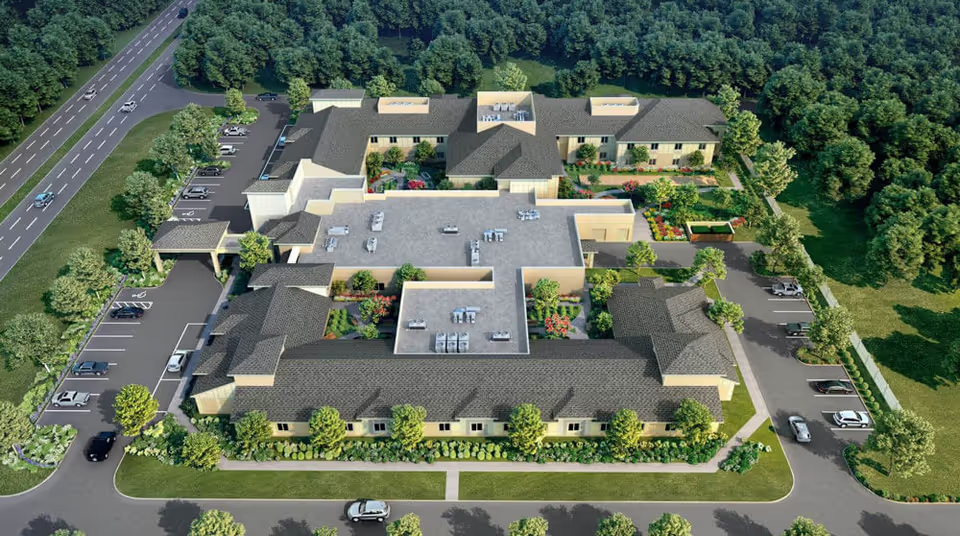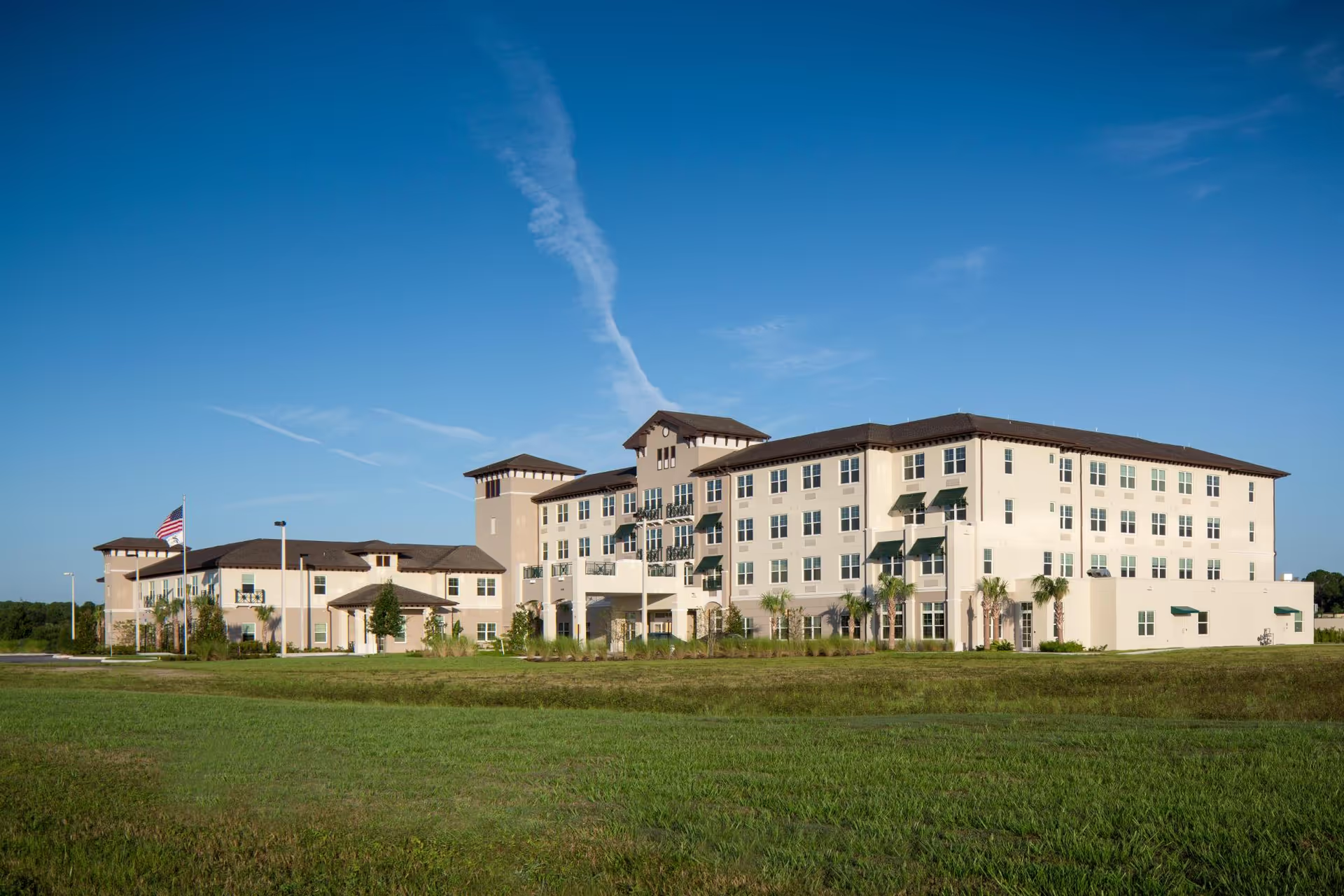Overall sentiment: The reviews for The Retreat at Cascade present a strongly positive overall reputation centered on exceptional staff quality, robust care services, and a comfortable, homelike environment. The most frequently cited strengths are the compassionate, attentive caregiving team and 24/7 nursing/medical presence, which many families credit for safety, consistent care, and peace of mind. Reviewers repeatedly highlight the facility’s cleanliness, warm staffing, and ability to personalize rooms, which contributes to a family-like, welcoming atmosphere rather than a clinical feel.
Care quality and staff: Care quality is the standout theme across the reviews. Numerous families describe staff as kind, professional, and deeply engaged with residents — remembering names, encouraging participation, and providing individualized attention. Memory-care expertise is emphasized: secure/coded doors, a dedicated memory area with garden access, and programming tailored to dementia needs. Several reviews praise the medical team as hands-on and effective, and many note compassionate end-of-life care. Praise for transition support, move-in assistance, and consistent follow-up underscores the facility’s focus on family communication and responsiveness. That said, there are a handful of starkly negative accounts describing unprofessional behavior, poor care, and even theft — these are outliers but significant and worth investigating during a tour.
Facilities and environment: The campus environment is repeatedly described as bright, well-lit, tastefully decorated, and home-like. Suites are often large, with private bathrooms and space for personal items; some units offer kitchenette-like features (fridge, microwave). Outdoor gardens, patios, and walking spaces are commonly mentioned as valuable outlets for residents. On-site amenities such as a salon, nail services, laundry, housekeeping, dining rooms with linen and china, TV/viewing rooms, and fitness areas reinforce the community model of “one-stop” senior living. Accessibility features and gated security are also noted. Conversely, a minority of reviewers cite declining grounds maintenance and odor issues (urine smell) in specific instances; parking and crowded elevators at peak times are recurring practical complaints.
Dining and programming: Dining receives strong, mostly positive coverage. Many reviewers compliment the meals as tasty, wholesome, and accommodating of dietary needs (diabetic-friendly, diet-conscious options). The dining experience is sometimes described as elevated (real china, linen tablecloths) and social (round tables). Activity programming is robust and varied, including music, crafts, bible studies, games, film days, exercise/walking clubs, and frequent off-site outings to restaurants, parks, theaters, and farms (petting animals and humane-society visits). These opportunities are frequently cited as contributing to residents’ improved mood and social engagement. A few reviews, however, mention limited off-campus trips or describe the atmosphere as quiet and dull, indicating some variability in activity engagement depending on timing or resident mix.
Management, safety, and COVID: Management and leadership earn mixed but largely positive comments. Several reviewers praise engaged leadership, helpful front-office staff, and a proactive new director who improved morale and facilities. Families report clear communication, helpful move-in coordination, and transparency around health measures. COVID-related content is nuanced: many families commend strict measures, staff vaccination, video check-ins, and strong communication during outbreaks, while others recall past negative press or prior outbreaks — a reminder to review recent infection-control records and ask about current protocols. There are also isolated mentions of missing leadership roles (e.g., Resident Care Director) and concerns about increased fees without corresponding service increases.
Value and consistency: Cost is a recurring concern. Multiple reviewers label the community as pricey or high-cost, and at least one family felt fees increased without added services, affecting perceived value. Most families nevertheless felt the quality justified the price, particularly due to staff and care. Importantly, experiences are not entirely uniform: while many describe The Retreat at Cascade as an outstanding, best-in-class community, others reported declines after ownership changes or encountered unacceptable incidents. These contrasts suggest that while the facility tends to deliver strong care and a high-quality living environment, families should verify current conditions, leadership stability, incident history, and financial transparency during their decision process.
Bottom line: The Retreat at Cascade is consistently praised for its strong caregiving culture, memory-care capabilities, clean and attractive facilities, varied activities, and good dining — all contributing to a family-like atmosphere and high resident satisfaction for many families. Significant strengths include 24/7 nursing, move-in and transition support, individualized attention, and an active program of social and therapeutic activities. However, prospective families should probe areas that appear as occasional pain points in reviews: cost and billing transparency, parking and logistics, any recent changes in ownership or leadership, documented incidents (theft or unprofessional behaviors), and the current state of maintenance and odor control. A thorough tour, meeting with care leadership, and asking for recent staffing and infection-control records will help confirm whether the positive trends described in most reviews are the current reality for a given resident placement.







